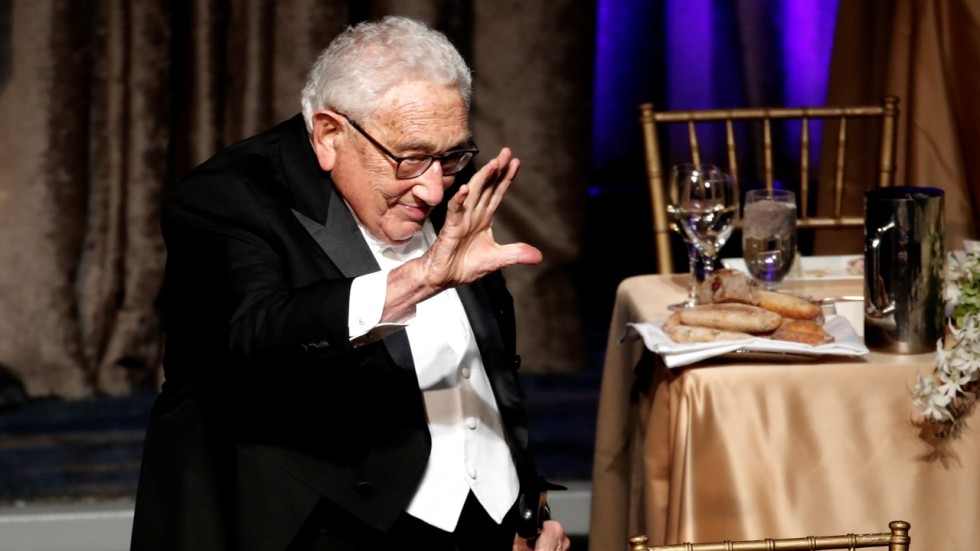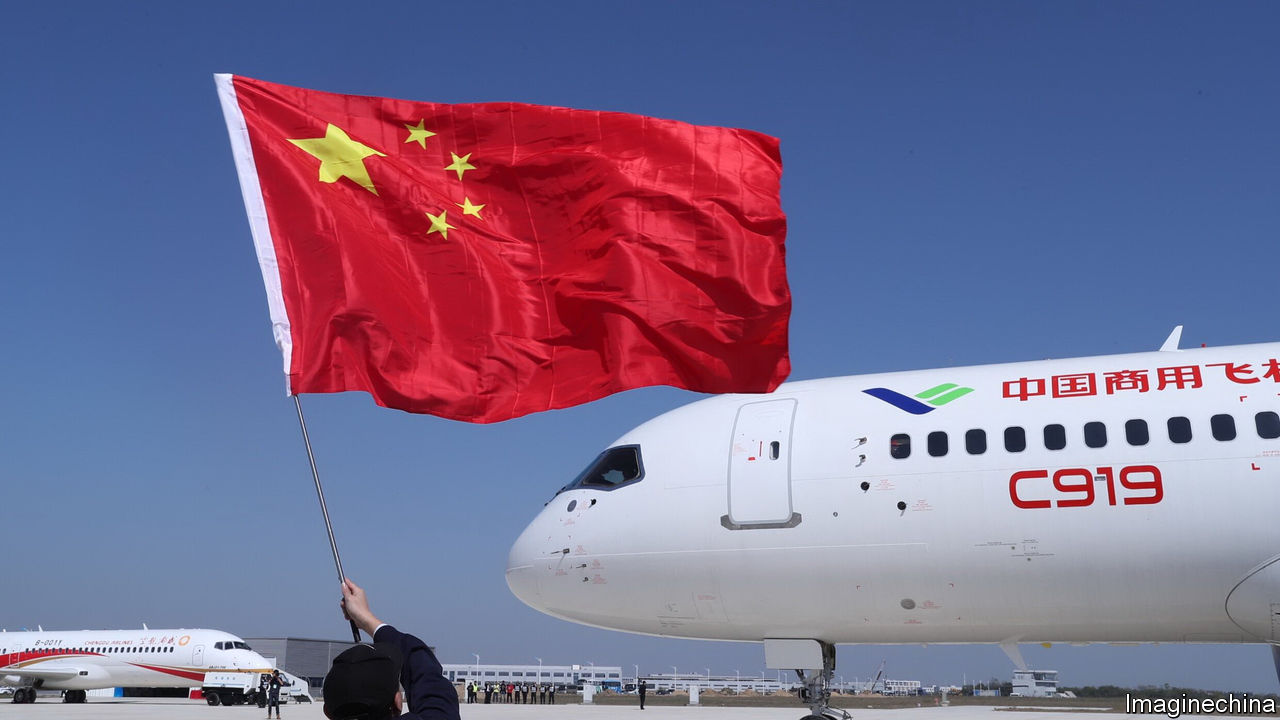By Jacob L. Shapiro
Imagine a country – a Muslim majority country, no less – that viewed the spread of jihadism as an existential threat, a threat so serious that it was willing to sacrifice its own people to defeat it. Assume that this country, with its large population, robust military and plentiful natural resources, was strong enough to keep the jihadists at bay. Assume, too, that this country was located in the heart of the Muslim world, ideally situated to project power into the Caucasus, the Middle East, Central Asia and South Asia – all of which are experiencing varying degrees of instability. Imagine finally that this country was also once a U.S. ally – a cornerstone of U.S. containment strategy against the Soviet Union during the Cold War – and could be again.
If it isn’t obvious yet, this is not an imaginary country. It is the Islamic Republic of Iran.
Iran has confounded generations of U.S. policymakers. When World War II gave way to the Cold War, the U.S. understood just how strategically important Iran was. In 1953, worried that Iran’s newly elected prime minister, Mohammed Mossadegh, would ally with the Soviet Union, Washington (and London) supported a military coup that replaced Mossadegh with a puppet government that came to be seen by many Iranian people as illegitimate. It would take some time for the Iranians to rise up against it, but rise they did in 1979. A theocratic government has ruled ever since, and U.S.-Iranian relations have been defined by mutual hostility, marked by proxy wars, menacing threats and mutual recriminations.
 Even as it seeks to cut off Iran from the world economy, the Donald Trump administration acknowledged today that it will allow India to continue developing the Iranian port of Chabahar, an alternative South Asian trade route to the congested Suez Canal. The reason, in a word: Afghanistan.
Even as it seeks to cut off Iran from the world economy, the Donald Trump administration acknowledged today that it will allow India to continue developing the Iranian port of Chabahar, an alternative South Asian trade route to the congested Suez Canal. The reason, in a word: Afghanistan.











